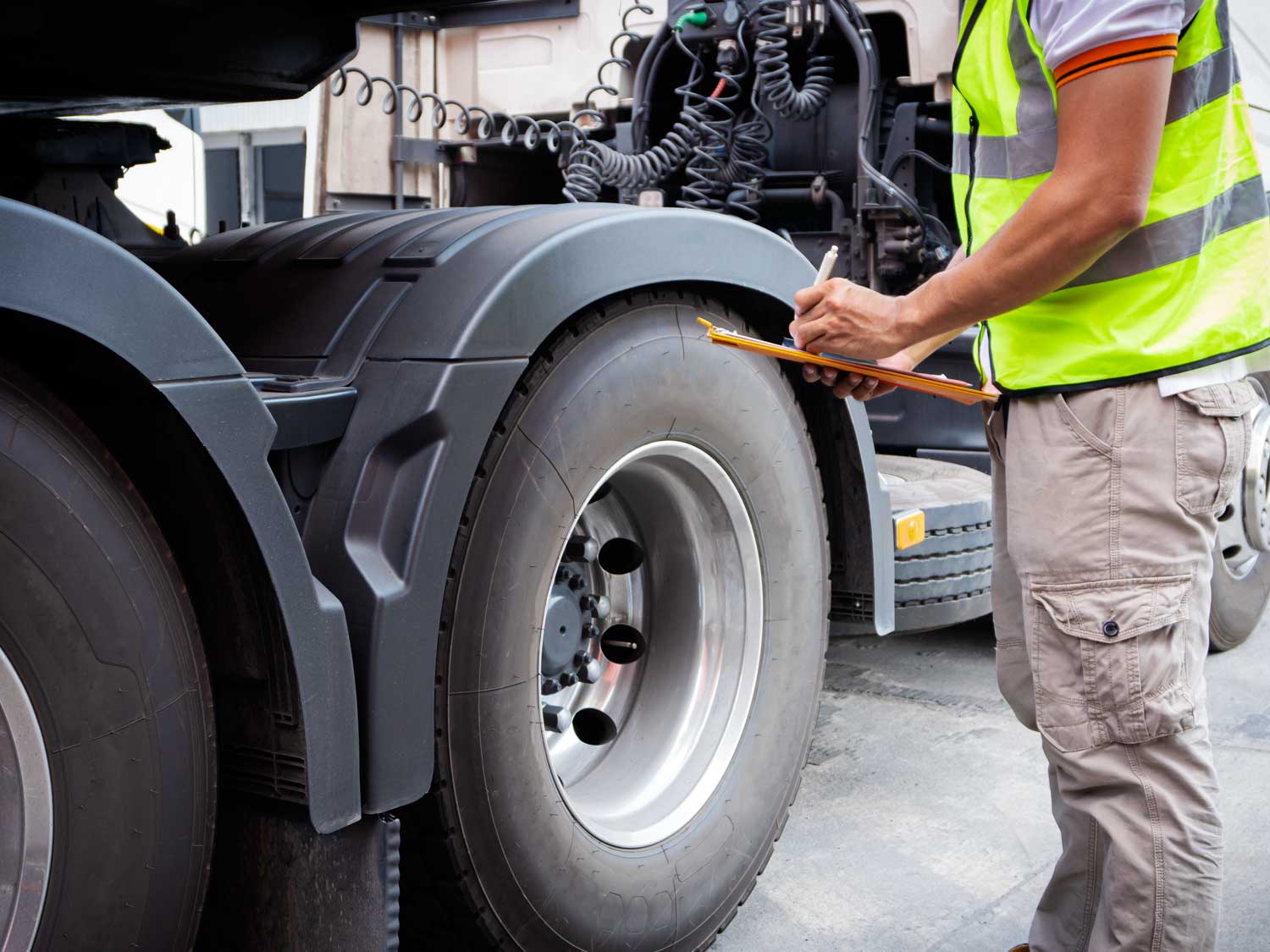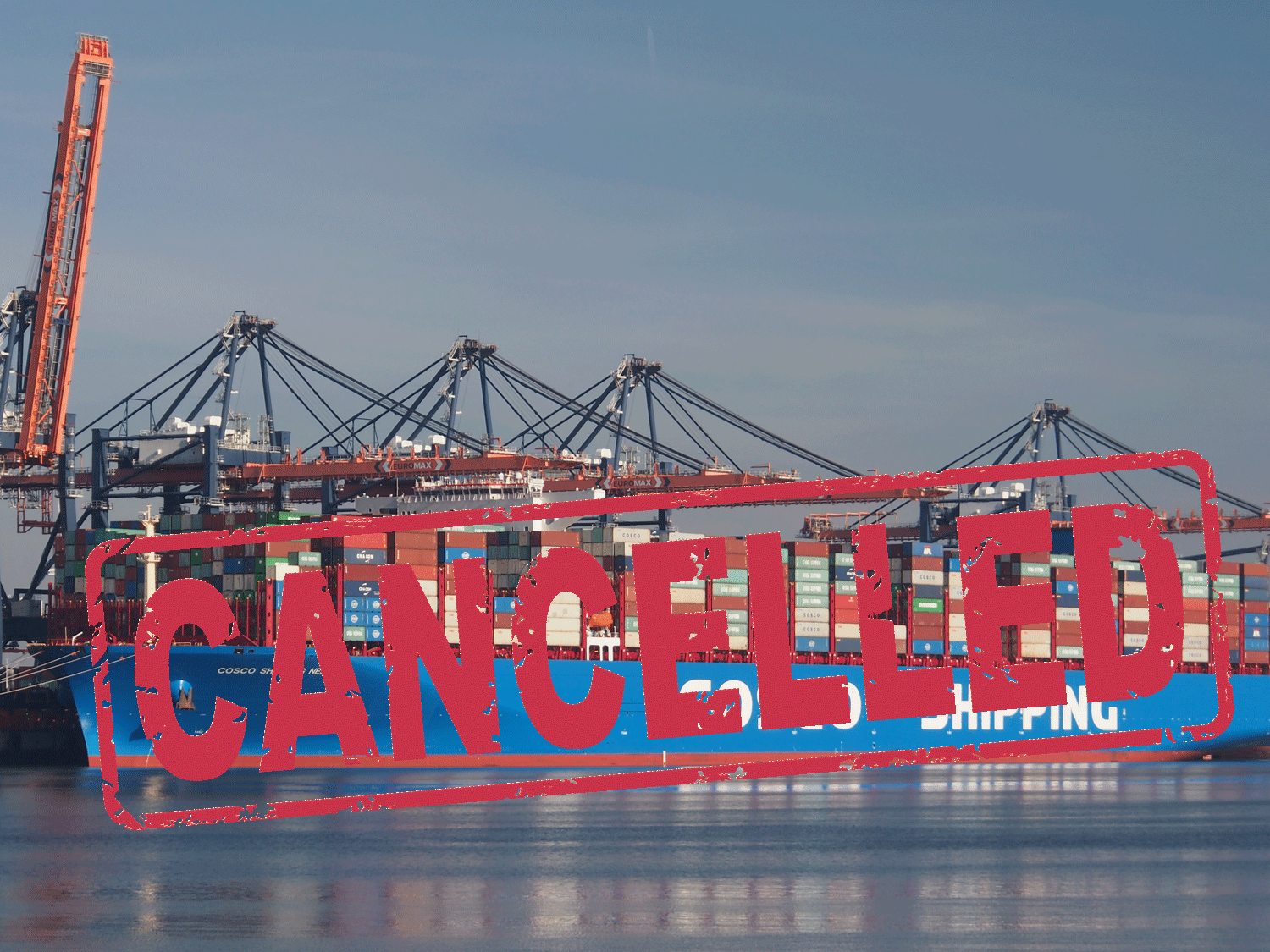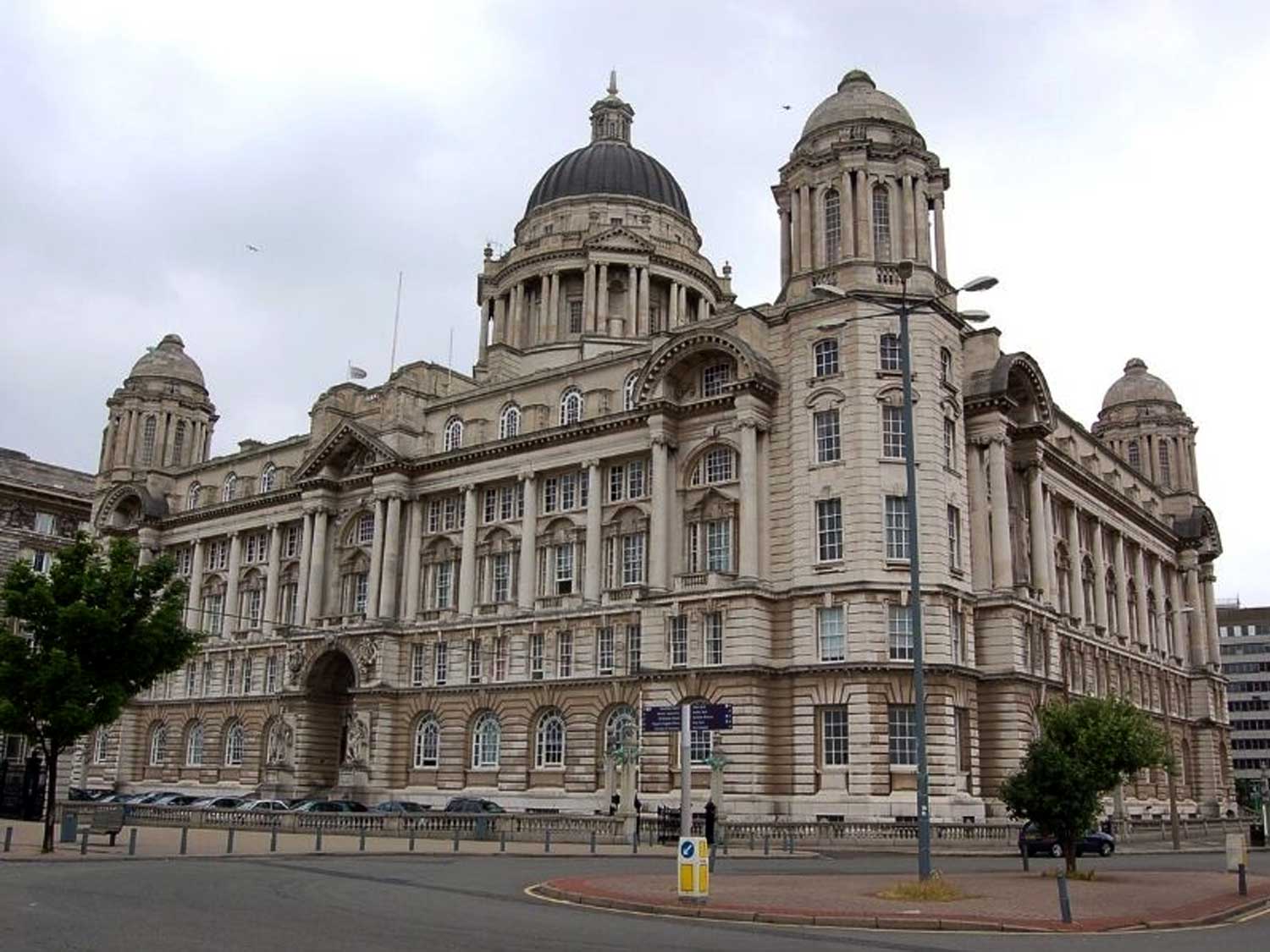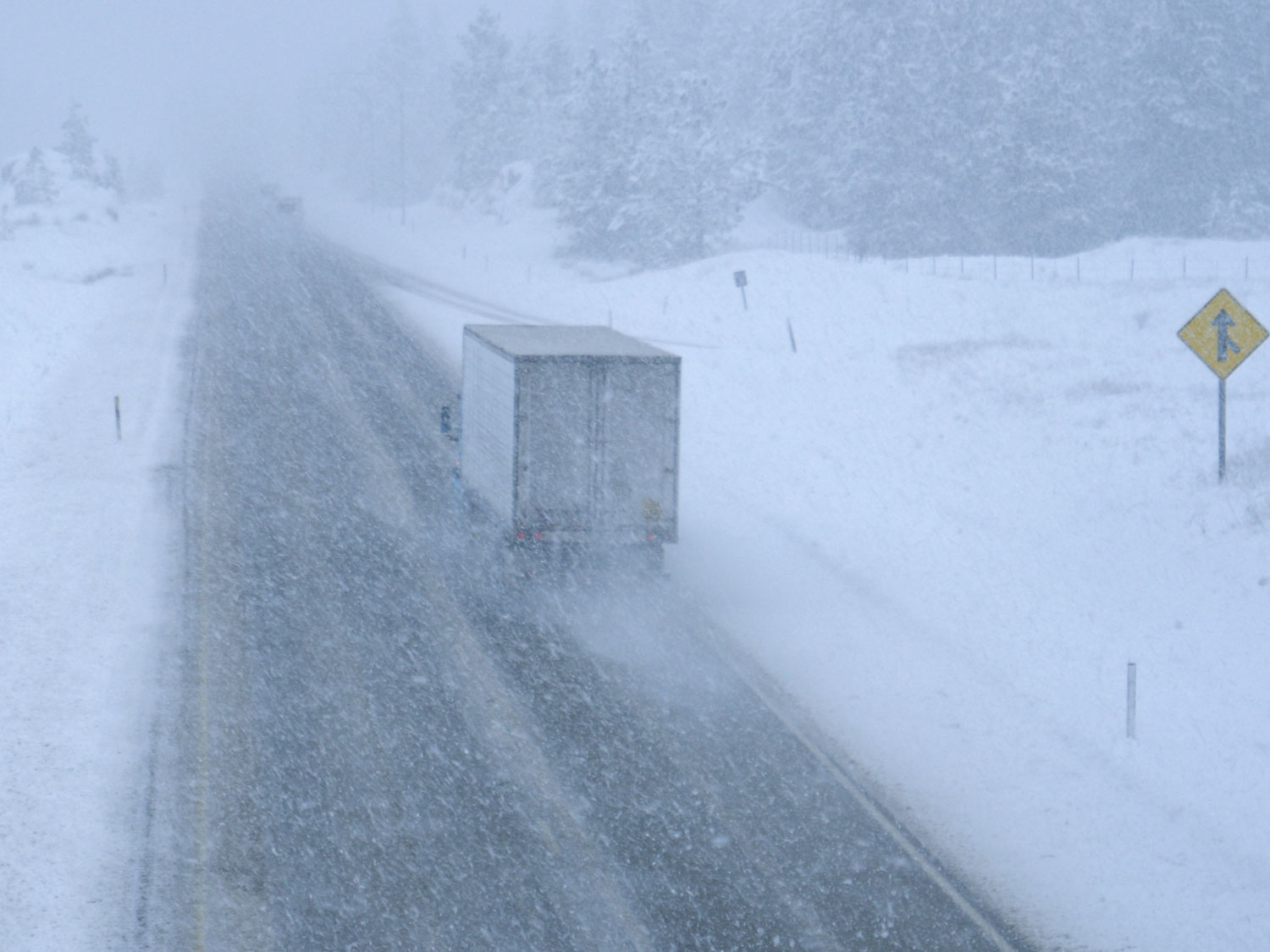The Direct Vision Standard (DVS) and new rules for London’s Low Emission Zone (LEZ) become enforceable by Transport for London (TfL) from the 1st March 2021.
Both were set to be enforced from October 2020, but had been delayed for four months to allow the freight industry to focus on core operations during the coronavirus pandemic.
Achieving compliance with DVS requires goods vehicles over 12 tonnes to have additional cameras, sensors and alarms fitted, with significant costs for operators.
The Direct Vision Standard (DVS) introduces a safety permit system for heavy goods vehicles (HGVs), assigning vehicles a star rating of 1-5 based on how much the driver can see directly through their cab window.
HGVs with a DVS rating of one-star and above have automatically been granted a permit, while HGVs with zero-star ratings are granted a permit if they meet specific measures in a 'safe system.'
The DVS Safety Permit scheme will cover Greater London and be in operation 24/7/365 requiring vehicles to meet the minimum DVS star rating or have ‘Safe System’ equipment including:
- Class V mirror fitted to the nearside of the vehicle
- Class VI mirror fitted to the front of the vehicle
- Blind spot elimination through a connected camera system
- Audible left-turn vehicle manoeuvring warning
- Proximity warning sensors installed on the near side of the vehicle
- External pictorial aids to warn of the hazards of the nearside of the vehicle
- Sideguards fitted to both sides of a vehicle where possible
Phase two of the scheme in 2024 would require HGVs rated two-star and below, to meet the requirements of a 'progressive safe system'. It is anticipated that these requirements will be more stringent than those from phase one to account for future developments in technology and safety measures.
Anyone driving an HGV within Greater London without a valid HGV safety permit will face a penalty charge notice of up to £550.
The new rules for the Low Emission Zone (LEZ), which covers most of Greater London, will be tightened for vehicles over 3.5 tonnes in line with the tough requirements in place for the central London Ultra Low Emission Zone (ULEZ).
Vehicles adhering to the latest Euro VI standard will pay nothing to enter the zone, while Euro V vehicles will need to pay a daily charge of £100 and Euro IV vehicles and below will face a daily charge of £300.
TfL say that the tighter standards for the Low Emission Zone and Direct Vision Standard are both absolutely vital to making London a cleaner, greener and safer place to live.
We embrace all land, sea and air modal options to provide the most appropriate mode or mix of modes to support our customers’ domestic, European and international supply chains. UK haulage and transport cannot be avoided as part of the international movement of goods with the first/ final mile component of all import and export transactions. This new legislation will have an impact on all goods moved on the UK’s road network so please consider additional costs and compliance, which Metro can advise on to our clients.
Our transport team are monitoring TfL developments closely, to assess likely cost impacts and the longer term operational implications of fleet evolution and any benefits that can be accrued for our customers. For further information and the latest detail please contact with Simon Balfe who leads our multimodal UK operations with his team.





